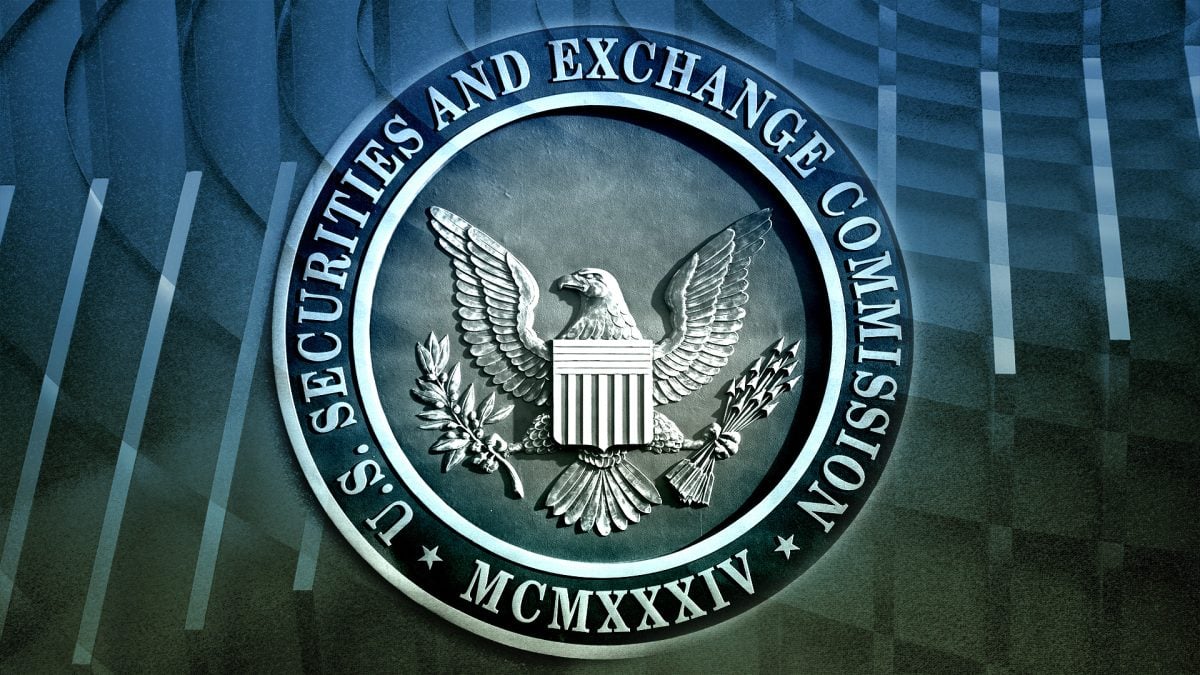Canada Unveils Proposed IFRS-Based Sustainability Reporting Standards

The Canadian Sustainability Standards Board (CSSB) announced the release of new proposed standards for companies to report on sustainability and climate-related information. These standards are based on the recently published sustainability disclosure standards by the IFRS Foundation’s International Sustainability Standards Board (ISSB). The ISSB's standards aim to provide a global baseline for sustainability reporting, ensuring consistency and comparability across different jurisdictions.
The release of the new standards represents a significant step towards the introduction of mandatory climate-related reporting requirements for Canadian companies. In 2021, Prime Minister Justin Trudeau instructed cabinet ministers to develop a reporting system based on the Task Force on Climate-related Financial Disclosures (TCFD).
Following this directive, in 2022, the government announced that the Office of the Superintendent of Financial Institutions (OSFI), the financial regulator, would require federally regulated financial institutions to publish climate disclosures in line with the TCFD framework starting in 2024. The TCFD, which provides recommendations on climate-related financial disclosures, transferred its responsibilities to the IFRS’ ISSB last year, further aligning global sustainability reporting efforts.
The ISSB was established in November 2021 at the COP26 climate conference, with the objective of developing IFRS Sustainability Disclosure Standards. This initiative was driven by demand from investors, companies, governments, and regulators for a global baseline of disclosure requirements. Such standards enable a consistent understanding of the impact of sustainability risks and opportunities on companies' prospects.
In June 2023, the IFRS released the inaugural general sustainability (IFRS S1) and climate (IFRS S2) reporting standards. Following this, in July, the International Organisation of Securities Commissions (IOSCO), the leading international policy forum and standards setter for securities regulators, urged regulators to incorporate these standards into their sustainability reporting frameworks.
The CSSB was established in 2022 to collaborate with the ISSB and facilitate the adoption of ISSB standards in Canada.
The newly proposed Canadian standards, CSDS 1 and CSDS 2, align with IFRS S1 and S2, respectively, while incorporating several “Canadian-specific modifications.” Notable changes from the IFRS standards include postponing the effective date by a year, with the standards becoming effective for reporting periods starting on or after 1 January 2025.
Additionally, the Canadian standards extend the reliefs for certain aspects of the new requirements. For instance, the disclosure of Scope 3 emissions, which are emissions from a company's value chain, and disclosures beyond climate-related risks and opportunities will be required two years after the implementation of the requirements. This is in contrast to the one-year relief period provided in the IFRS standards.
The CSSB has initiated a consultation alongside the new proposed standards, seeking feedback on several key areas. These areas include aligning the timing of sustainability reporting with financial reporting, the requirements for climate resilience reporting – such as scenario analysis – and the proposed extended relief periods. The consultation aims to gather input from stakeholders to ensure that the standards are both practical and effective in meeting the needs of Canadian companies and their investors.
CSSB Chair Charles-Antoine St-Jean remarked that with the release of the first proposed Canadian Sustainability Disclosure Standards, a significant step is being taken to ensure that sustainability becomes a fundamental aspect of the economic framework, rather than merely a buzzword. He highlighted that the aim is to empower organisations to effectively communicate their sustainability performance and to drive meaningful action towards a more sustainable future for everyone.
After the proposed standards were made public, the Canadian Securities Administrators (CSA), Canada's securities regulator, announced its intention to review the final CSSB standards. They may introduce modifications tailored to the capital markets context before incorporating them into a CSA rule. Once integrated, these standards would become compulsory under Canadian securities legislation.
Stan Magidson, Chair of the CSA and CEO of the Alberta Securities Commission, expressed satisfaction at the release of the CSSB's consultation on its inaugural set of standards. He emphasised the importance of gathering feedback, both general and specific to particular questions, which could aid in refining the proposed climate-related disclosure rule of the CSA. Magidson urged interested parties to actively participate and share their perspectives on the proposed CSSB standards.



